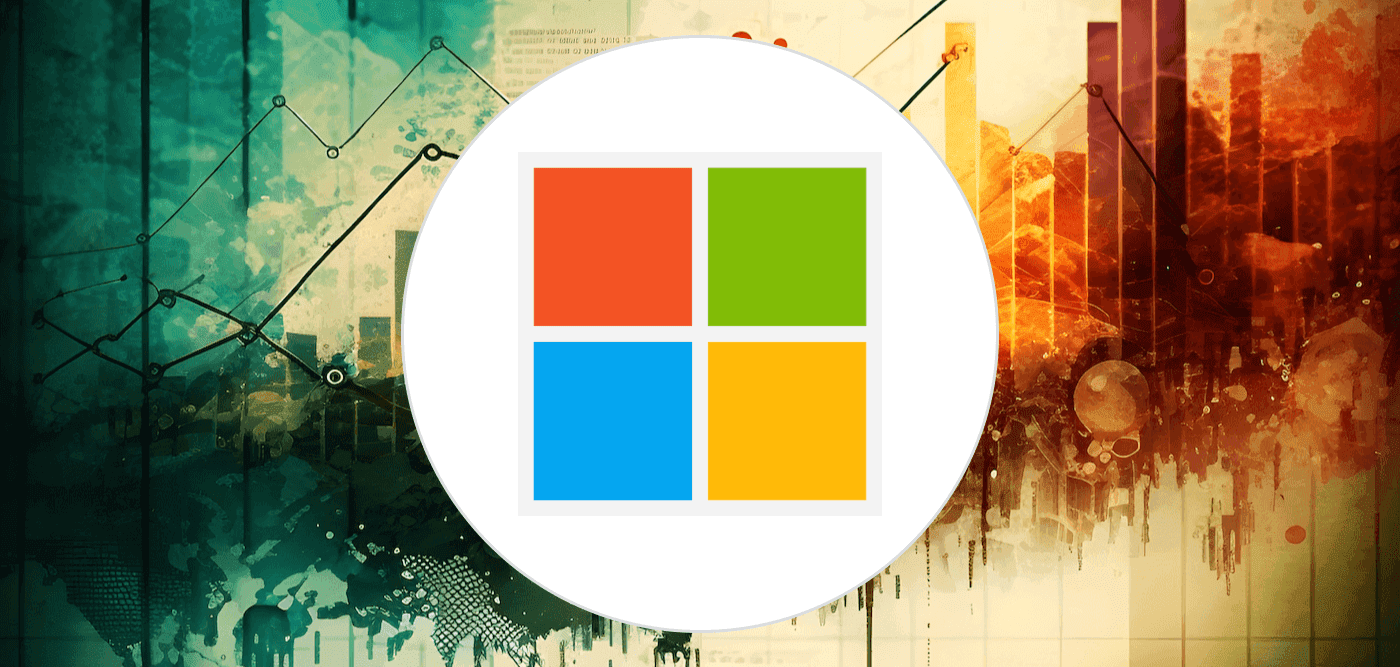Microsoft Corporation | Stock Analysis - Strengths, Weaknesses, and History
The strengths and weaknesses of Microsoft Corporation's business model and its history as a technology company.

Microsoft Corporation (MSFT) Company Profile
Microsoft Corporation is a technology company that develops, licenses, and supports a wide range of software products, services, and devices. The company is best known for its Windows operating system, Microsoft Office suite of productivity software, and Xbox gaming console.
One of the key strengths of Microsoft's business model is its strong brand and reputation. The company has a long history of developing innovative software products and services, which has helped it maintain a loyal customer base and attract new customers.
Additionally, Microsoft has a diverse product portfolio, with a presence in various markets, including personal computing, gaming, and cloud computing. Another strength of the company is its strong financial performance. Microsoft has consistently delivered strong revenue and earnings growth over the past several years, and it has a strong balance sheet, with a debt-to-equity ratio that is lower than many of its peers in the technology industry.
One potential weakness of Microsoft's business model is its reliance on the personal computing market, which has faced challenges in recent years due to the increasing popularity of mobile devices. However, the company has made efforts to diversify its product portfolio and expand into new markets, such as cloud computing and gaming, which may help mitigate this risk.
Overall, Microsoft Corporation is a well-established and financially strong company with a strong brand and a diverse product portfolio.
Strengths of Microsoft's Business Model
Microsoft Corporation has several notable strengths in its business model that have contributed to the company's success.
One of the main strengths is the company's strong brand recognition and customer loyalty. Microsoft has a long history in the technology industry, and its products are often associated with quality, reliability, and innovation.
Another strength of Microsoft's business model is its diversified revenue streams. The company generates revenue from a variety of sources, including the sale of software licenses, cloud services, hardware products, and gaming products. This helps to reduce the company's reliance on any single product or service, and provides a degree of stability and resilience to its business.
In addition, Microsoft has a strong focus on research and development, which allows the company to continuously innovate and bring new products and services to the market. This has helped the company to maintain its position as a market leader in the technology industry.
Finally, Microsoft has a strong financial position, with a large cash reserve and a strong cash flow. This allows the company to invest in research and development, make strategic acquisitions, and pay dividends to shareholders.
Weaknesses of Microsoft's Business Model
There are several weaknesses to Microsoft Corporation's business model that could potentially impact the company's performance and competitiveness.
One of the main weaknesses is the company's reliance on the personal computer market, which has faced declining demand in recent years. This could potentially limit the company's revenue growth potential in the future.
Another weakness of Microsoft's business model is its reliance on a small number of key products, such as the Windows operating system and Office productivity software. This means that the company is vulnerable to changes in consumer preferences or competition, which could impact its financial performance.
In addition, Microsoft's business model is highly dependent on the success of its cloud computing platform, Azure. While Azure has been successful so far, it faces intense competition from other major players in the cloud computing market, such as Amazon Web Services and Google Cloud.
Finally, Microsoft's business model relies on the maintenance of a high level of secrecy and control over its products and technology. This can be challenging in an increasingly competitive and rapidly changing technology industry, and could potentially limit the company's ability to respond to new trends or opportunities in a timely manner.
Microsoft's Company History
Microsoft Corporation is a multinational technology company that develops, licenses, and supports software, services, devices, and solutions worldwide. The company was founded in 1975 by Bill Gates and Paul Allen, and has since become a major player in the technology industry. Here is a timeline of some of the major events and achievements in Microsoft's history:
• 1975: Microsoft is founded by Bill Gates and Paul Allen.
• 1981: Microsoft releases its first operating system, MS-DOS, which becomes widely popular on personal computers.
• 1985: Microsoft releases the first version of Windows, an operating system that becomes widely popular on personal computers.
• 1990: Microsoft releases Office, a suite of productivity software that becomes widely popular in business and personal use.
• 1995: Microsoft releases Windows 95, which becomes the most successful operating system release in history.
• 2001: Microsoft releases the Xbox, a gaming console that becomes a major success.
• 2007: Microsoft releases the first version of the Windows Phone operating system for mobile devices.
• 2010: Microsoft releases the Kinect, a motion-sensing controller for the Xbox.
• 2014: Microsoft announces plans to acquire the smartphone manufacturer Nokia.
• 2015: Microsoft releases Windows 10, which becomes the most widely used operating system in the world.
• 2016: Microsoft releases the Surface Studio, a high-end all-in-one computer.
• 2017: Microsoft releases the Surface Pro, a hybrid tablet-laptop device.
• 2018: Microsoft releases the Xbox One X, a high-end gaming console.
• 2019: Microsoft announces plans to acquire the software development platform GitHub.
• 2020: Microsoft releases the Surface Go 2, a budget-friendly hybrid tablet-laptop device.
• 2021: Microsoft releases the Surface Laptop Go, a budget-friendly laptop. The company also announces plans to transition its Windows operating system to a service model, with regular updates and new features being released on a continuous basis.
• 2022: Microsoft releases the Surface Book 3, a high-end laptop with detachable display. The company also announces plans to expand its cloud computing platform, Azure, to offer more services and support for businesses.
